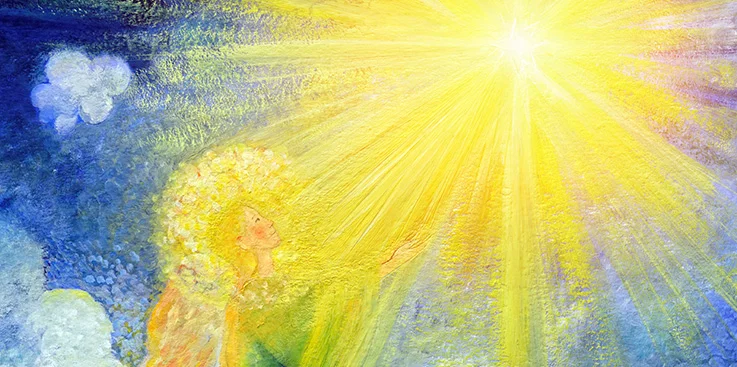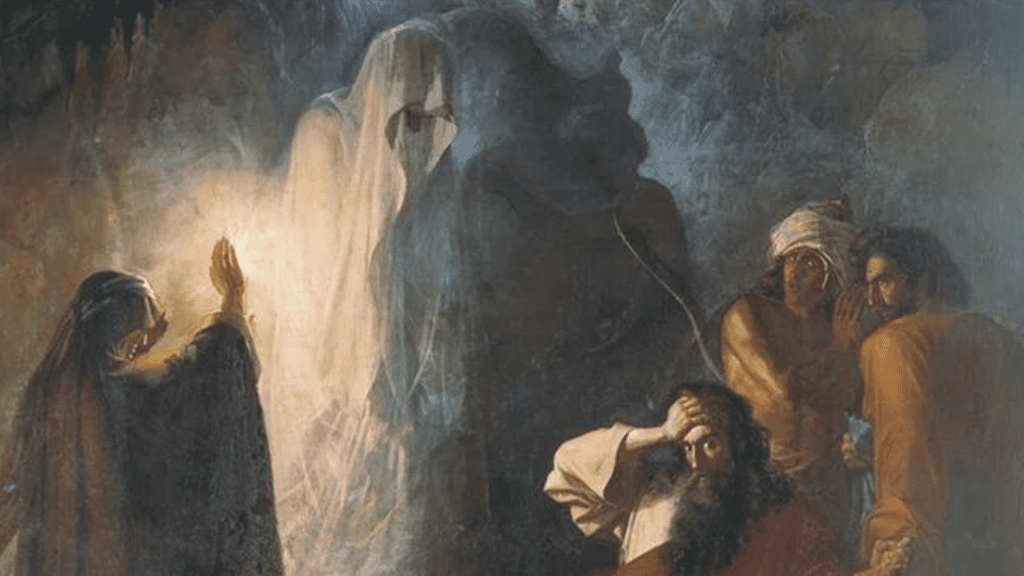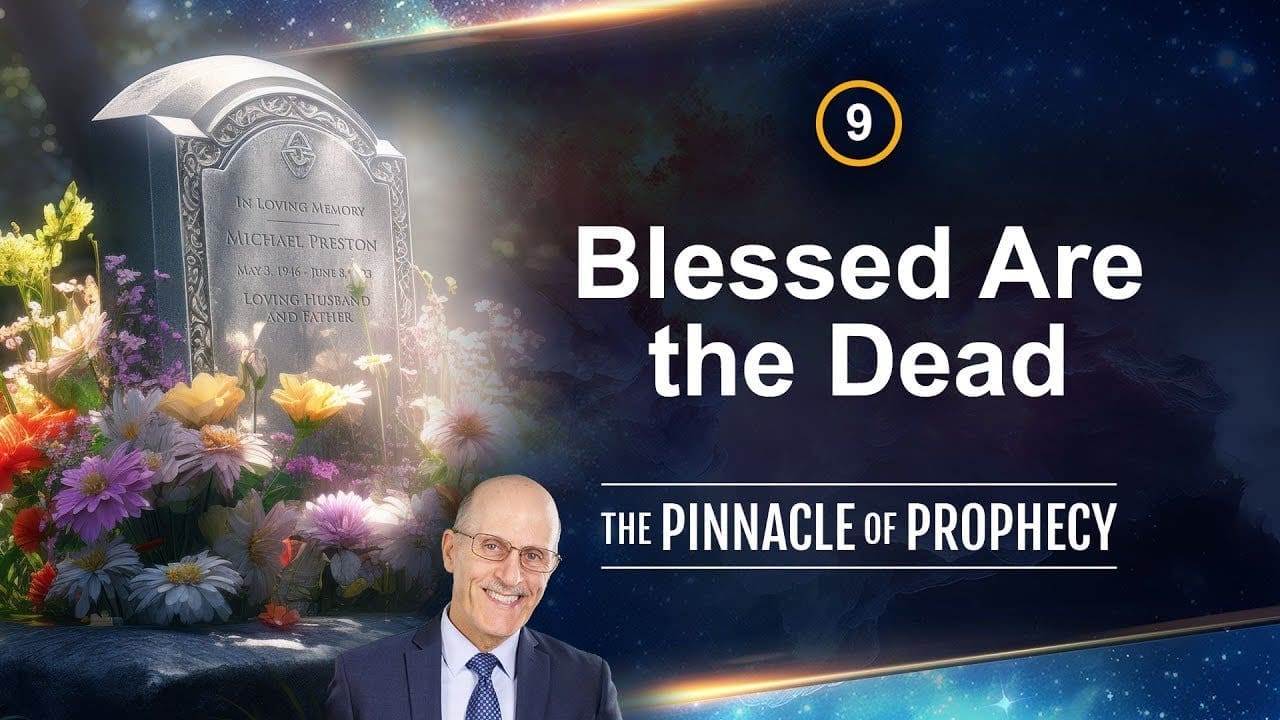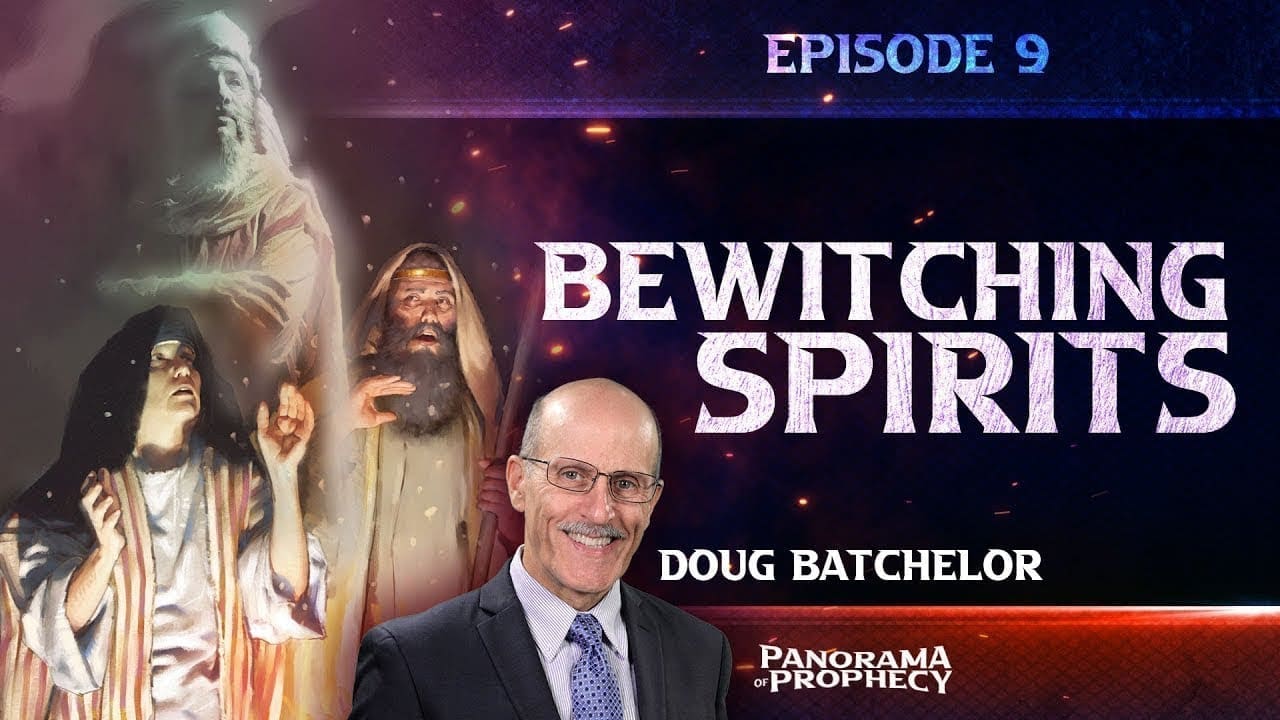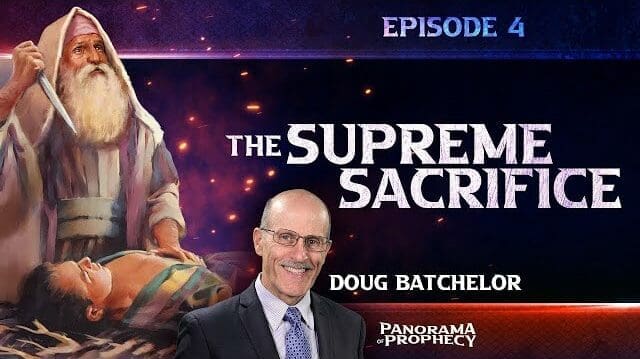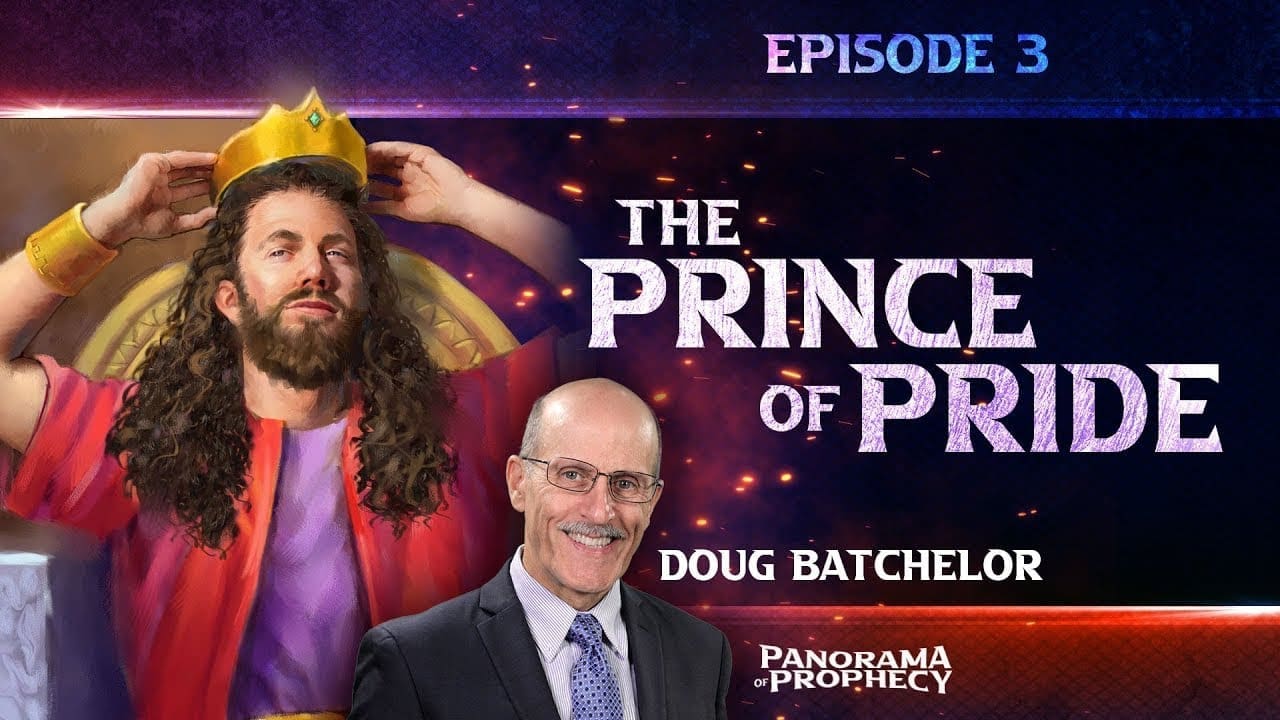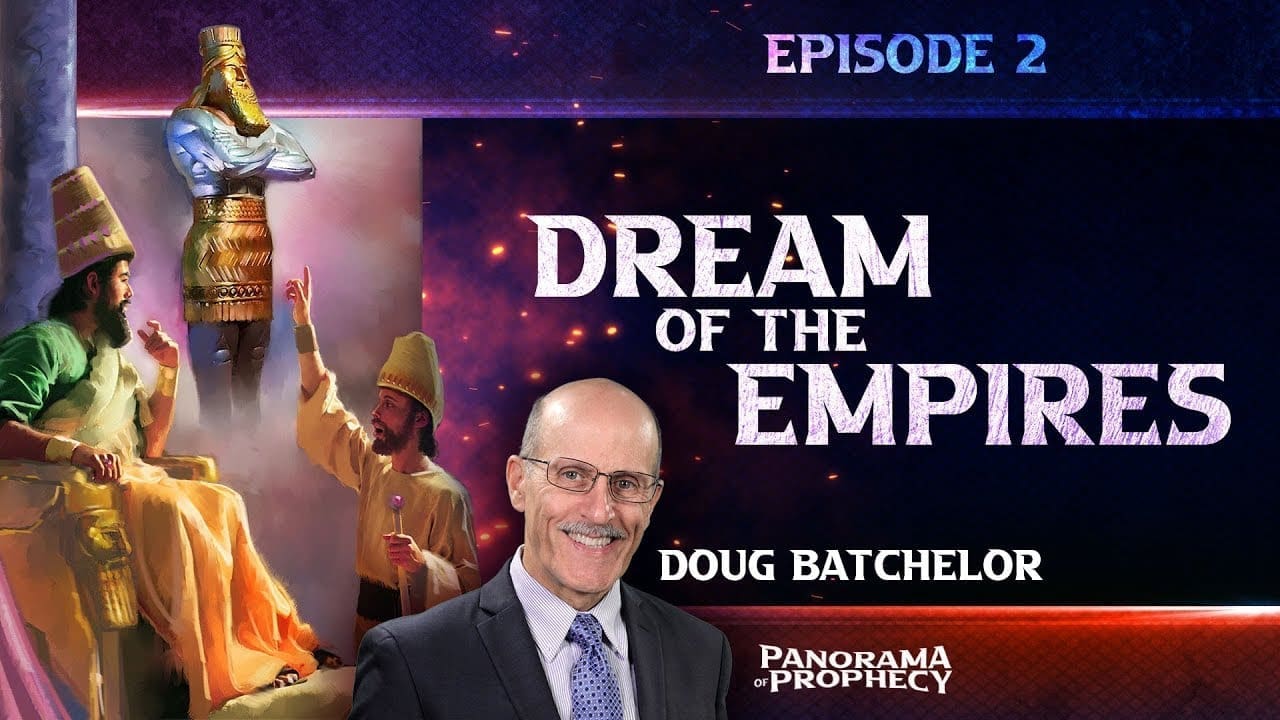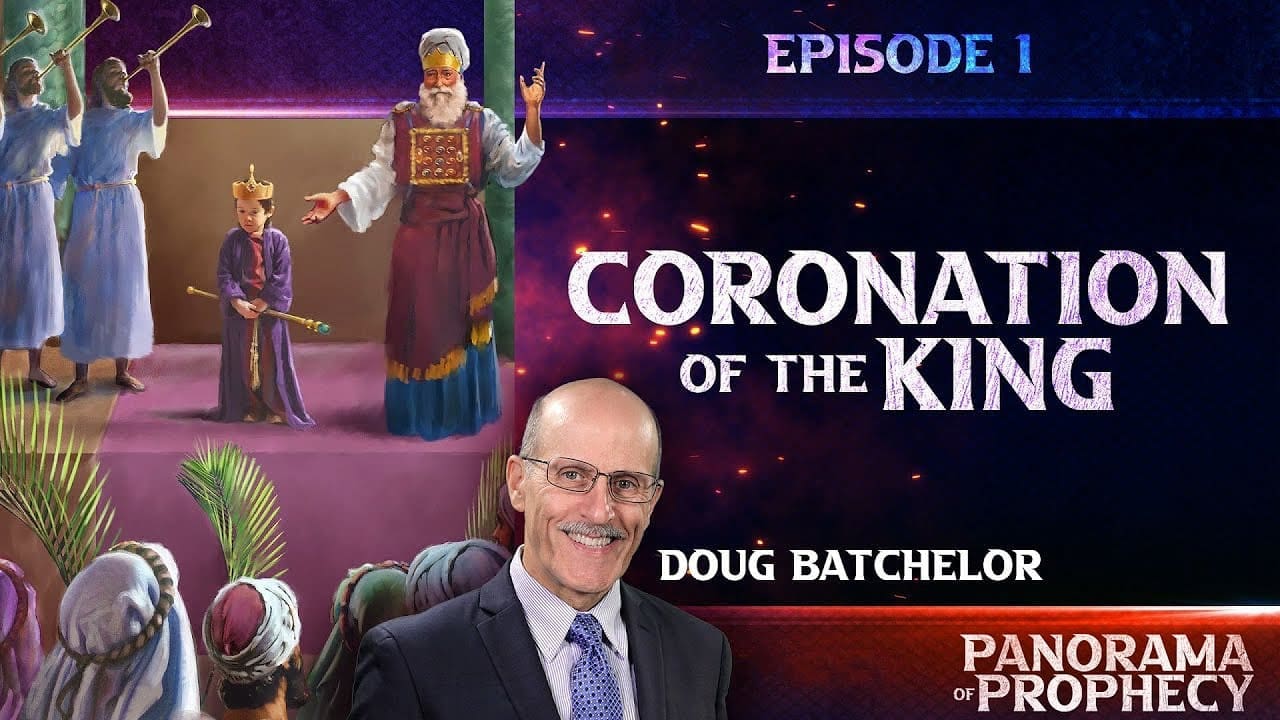The texts in question, Genesis 35:18 and 1 Kings 17:21-22, as traditionally translated, may seem to support the idea of an immortal soul that departs from the body upon death. However, understanding the biblical definition of a “soul” is key to interpreting these passages correctly.
Genesis 2:7 tells us that God formed man from the dust of the ground and breathed into his nostrils the breath of life, and man became a living soul. According to this understanding, a soul is the combination of a body made of dust and the breath of life, often referred to as the spirit of God. The breath of life is one component of the soul but not the soul itself. When the body and breath are separated, the soul ceases to exist.
With this understanding, the texts from Genesis 35 and 1 Kings 17 simply tell us that the individuals died, and their souls or essence of life departed. In the case of the child in 1 Kings 17, the soul returned, and the child revived. The focus is on the departure and return of the breath or vital essence that sustains life. The bodies remain, but without the breath of God, there is no soul.
Furthermore, the Hebrew word used in both instances, נפשׁ (neh’-fesh), is often translated as “soul” but can also mean “breath” or “vitality” and is associated with living creatures. It signifies the life force. Thus, the נפשׁ(breath, vitality) departed from the people when they died.
Many modern translations of the Bible, such as the New International Version (NIV), do not use the word “soul” in these texts. The NIV translates Genesis 35:18 as a description of the person’s dying breath, and 1 Kings 17:21-22 speaks of the return of the boy’s life.
In light of these considerations, it is evident that these texts do not provide evidence for the existence of an immortal soul that exists separately from the body. They emphasize the departure and return of the breath or life force, rather than the notion of an immortal soul.






